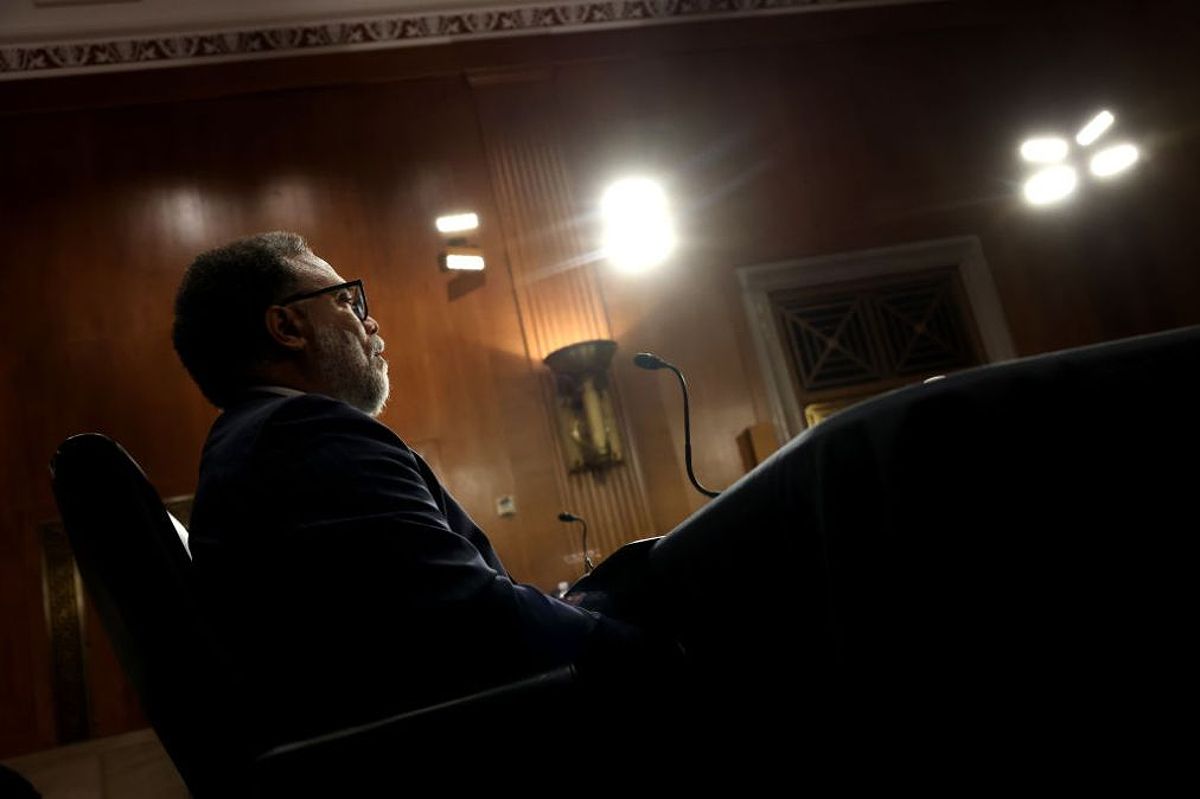The Office of the National Cyber Director (ONCD) is set to release an update to the national cybersecurity strategy implementation plan, focusing on software liability reform and regulatory harmonization across critical infrastructure sectors.
National Cybersecurity Strategy Implementation Plan 2.0: Software Liability Reform
The Office of the National Cyber Director (ONCD) is set to release an update to the national cybersecurity strategy implementation plan in the coming months. This update, known as the National Cybersecurity Strategy Implementation Plan 2.0, will introduce significant changes to enhance the country's cybersecurity posture.
One of the key updates in the implementation plan will focus on software liability reform. The Biden administration aims to address the issue of software security by exploring the development of a framework around software liability. This framework will incentivize the creation of software with more secure code and raise the standards of care in software development.
The ONCD plans to convene a symposium of law professors to discuss software liability reform, gathering insights from legal experts. The goal is to establish safe harbor incentives for companies that follow best practices in secure coding, reducing their legal risks. By promoting secure coding practices, the administration aims to foster a culture of cybersecurity and protect critical infrastructure from cyber threats.
Regulatory Harmonization: Streamlining Cybersecurity Standards Across Critical Infrastructure Sectors
In addition to software liability reform, the National Cybersecurity Strategy Implementation Plan 2.0 will also address the issue of regulatory harmonization across critical infrastructure sectors. Currently, critical infrastructure organizations are required to adhere to a multitude of regulations and technical standards, leading to a fragmented and complex cybersecurity landscape.
The Biden administration recognizes the need for regulatory harmonization to streamline cybersecurity standards and reduce costs for critical infrastructure sectors. Last July, the White House released a request for information to gather industry insights on this task. Now, they are developing a framework that could harmonize baseline requirements across multiple sectors, ensuring consistency and effectiveness in cybersecurity practices.
While the initial focus of the harmonization effort was on IT rules, the Office of the National Cyber Director remains open to the possibility of including operational technology (OT) in the framework as well. By aligning regulations and standards, the administration aims to improve overall cybersecurity in critical infrastructure sectors, enhancing resilience against cyber threats.
Collaboration with Congress: Incentivizing Secure Software Development and Cybersecurity Standards
The Biden administration is committed to working with Congress to develop legislative actions that incentivize secure software development and improve cybersecurity standards across critical infrastructure sectors. By collaborating with lawmakers, the administration aims to create a comprehensive cybersecurity framework that promotes the adoption of best practices and ensures the protection of critical systems.
Through legislation, the administration plans to provide incentives for companies that prioritize secure coding and follow cybersecurity best practices. These incentives may include safe harbor provisions, reducing legal risks for companies that adhere to established standards. By raising the bar for software security and promoting responsible cybersecurity practices, the administration aims to strengthen the nation's defenses against cyber threats.
The upcoming update to the national cybersecurity strategy implementation plan will provide cybersecurity professionals with new insights and guidance. It will address software liability reform, regulatory harmonization, and other key initiatives outlined by the White House. By prioritizing cybersecurity and working collaboratively with Congress, the administration aims to build a more secure and resilient digital ecosystem.

